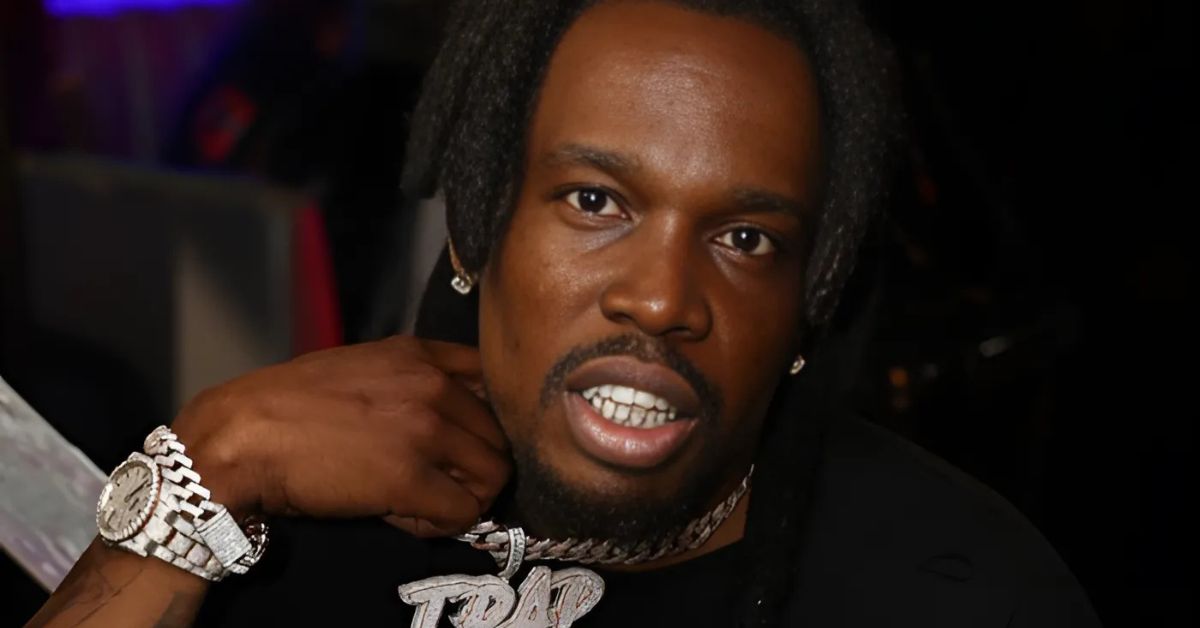607 UNC Son Died: A Heartbreaking Story That Needs To Be Told
You might’ve heard whispers about this tragic event floating around the internet. The story of the 607 UNC son who passed away has left many people heartbroken and searching for answers. This isn’t just a random news headline; it’s a deeply personal story that touches on themes of loss, legacy, and the importance of mental health awareness. So, let’s dive in and unpack what happened.
When you hear about the loss of someone so young, especially a student, it hits hard. This isn’t just another story—it’s real life, and it affects everyone differently. Whether you’re a student, parent, or simply someone who cares about the well-being of others, this story is worth paying attention to.
As we explore the details surrounding the 607 UNC son who died, we’ll look at the bigger picture too. What does this tragedy tell us about the pressures facing students today? How can we ensure that more lives aren’t lost unnecessarily? Let’s get started.
Read also:The Bar At Beachwalk Your Ultimate Beachside Escape
Who Was the 607 UNC Son?
Before we jump into the specifics, let’s talk about who this young man was. The 607 UNC son wasn’t just a number or a statistic—he was a real person with dreams, aspirations, and a family that loved him deeply. His story is one that resonates with so many people because it reminds us of the fragility of life and the importance of mental health support.
He was described by friends and classmates as someone who lit up any room he walked into. His passion for learning, his kindness, and his ability to connect with others made him unforgettable. But behind the smiles and achievements lay a struggle that many didn’t see until it was too late.
Biographical Details
Let’s break down some key details about the 607 UNC son:
| Name | Not disclosed publicly |
|---|---|
| Age | 20 years old |
| University | University of North Carolina |
| Major | Undisclosed |
| Residence Hall | 607 UNC Dormitory |
These details paint a picture of a young man who was just beginning his journey in life. But unfortunately, his story ended far too soon.
How Did the Tragedy Unfold?
Now, here’s where things get heavy. The death of the 607 UNC son came as a shock to everyone, including his close friends and family. Reports suggest that he took his own life, leaving behind a void that no one could ever fill. While the exact circumstances surrounding his passing remain unclear, what we do know is that he was struggling silently.
Many students at UNC have spoken out about the pressures they face daily—academic stress, social expectations, and the constant need to "perform" can be overwhelming. For some, these pressures become unbearable, leading to tragic outcomes like the one we’re discussing today.
Read also:How Old Is Luke From Outdoor Boys The Untold Story Of A Rising Star
What Were the Warning Signs?
In hindsight, there may have been signs that something wasn’t right. Friends recall him mentioning feelings of loneliness and anxiety in the weeks leading up to his death. However, like so many others, he didn’t seek help—or perhaps he didn’t feel comfortable doing so.
- Increased isolation from friends and family
- Difficulty concentrating on studies
- Expressions of hopelessness or despair
- Withdrawal from activities he once enjoyed
It’s heartbreaking to think about how these warning signs went unnoticed—or worse, ignored. But this tragedy serves as a wake-up call for all of us to pay closer attention to those around us.
Why Are We Discussing This Now?
The story of the 607 UNC son has gained traction not only within the UNC community but across the nation. It’s a reminder that mental health is still a taboo subject for many people, despite growing awareness. By talking openly about this tragedy, we hope to spark meaningful conversations about how we can better support one another.
For students, parents, educators, and even employers, this story highlights the urgent need for accessible mental health resources. No one should feel like they’re facing their struggles alone, and yet, tragically, too many people do.
Breaking Down the Stigma
One of the biggest barriers to seeking help is the stigma associated with mental health. Many people fear being judged or labeled as weak if they admit they’re struggling. But the truth is, mental health is just as important as physical health—and seeking help is a sign of strength, not weakness.
Universities like UNC have taken steps to address this issue by offering counseling services and hosting awareness campaigns. But clearly, more needs to be done to ensure that students feel safe and supported when they reach out for help.
Understanding the Broader Context
The death of the 607 UNC son is part of a larger trend that we can’t ignore. According to the National Alliance on Mental Illness (NAMI), suicide is the second leading cause of death among college students in the United States. That’s a staggering statistic that demands our attention.
Research shows that factors such as academic pressure, financial stress, and social isolation all contribute to mental health issues among students. And with the added challenges brought on by the pandemic, these problems have only worsened.
Key Statistics
Here are some eye-opening statistics about mental health among college students:
- Over 60% of students report feeling overwhelming anxiety
- Nearly 40% experience depression so severe it’s difficult to function
- Only about 30% of students who need mental health treatment actually receive it
These numbers are alarming, and they underscore the urgent need for systemic change. Universities must prioritize mental health just as much as they prioritize academics.
What Can Be Done to Prevent Future Tragedies?
While nothing can bring back the 607 UNC son, his story can serve as a catalyst for change. There are several steps that individuals, institutions, and communities can take to prevent similar tragedies in the future.
For Students
If you’re a student, remember that you’re not alone. Reaching out for help is the first step toward healing. Talk to a trusted friend, professor, or counselor if you’re feeling overwhelmed. And if you notice a friend struggling, don’t hesitate to offer your support.
For Parents
Parents play a crucial role in supporting their children’s mental health. Encourage open communication and let your kids know that it’s okay to ask for help. Stay involved in their lives, but also give them space to grow and develop independently.
For Universities
Universities have a responsibility to create an environment where mental health is prioritized. This means investing in counseling services, training faculty and staff to recognize warning signs, and fostering a culture of compassion and understanding.
How Can We Support Each Other?
At its core, this story is about connection—or the lack thereof. In today’s fast-paced world, it’s easy to lose sight of the people around us. But small acts of kindness and empathy can make a big difference.
Whether it’s checking in on a friend, volunteering for a mental health organization, or simply listening without judgment, there are countless ways to show support. Together, we can create a community where everyone feels valued and supported.
Resources for Help
If you or someone you know is struggling, there are resources available to help. Here are a few organizations and hotlines to consider:
- National Suicide Prevention Lifeline: 988
- Crisis Text Line: Text HOME to 741741
- Active Minds: A student-led mental health organization
Don’t hesitate to reach out if you need help—you deserve it.
The Legacy of the 607 UNC Son
While his life was tragically cut short, the 607 UNC son’s legacy lives on through the conversations and actions inspired by his story. His passing has prompted many to reflect on their own mental health and the importance of reaching out for help when needed.
For those who knew him, his memory serves as a reminder of the impact one person can have on the lives of others. Though he’s no longer here physically, his spirit continues to inspire change and foster a sense of community among those who mourn his loss.
Remembering a Life Cut Short
It’s important to honor the life of the 607 UNC son by continuing the conversation about mental health. By sharing his story, we can help prevent others from facing the same fate. His legacy is one of resilience, kindness, and the unwavering belief that things can get better.
Conclusion: What Comes Next?
In conclusion, the story of the 607 UNC son is both heartbreaking and inspiring. It’s a reminder of the importance of mental health awareness and the need for greater support systems within our communities. While nothing can undo the past, we can honor his memory by taking action to create a brighter future.
So, what can you do? Start by having conversations about mental health with the people in your life. Advocate for better resources at your school or workplace. And most importantly, never hesitate to reach out for help if you’re struggling.
Let’s work together to ensure that no one feels like they’re facing their struggles alone. Together, we can build a world where stories like this one become less common—and where every life is valued and celebrated.
Feel free to leave a comment below or share this article with others who might benefit from it. Remember, your voice matters, and your actions can make a difference.
Table of Contents
Article Recommendations


